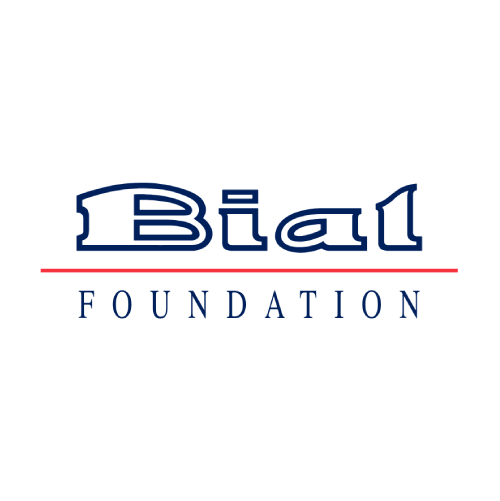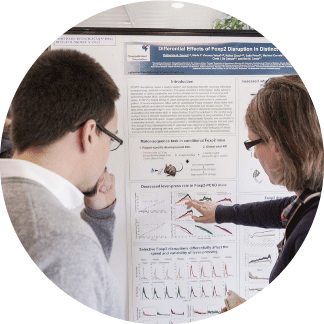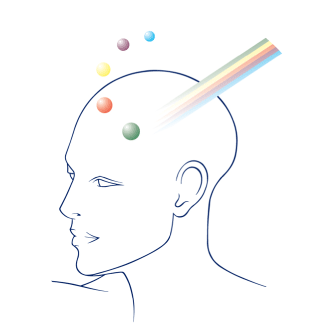News
Top Stories

Can gratitude buffer the negative effects of stress?
Researchers found that gratitude has a unique stress-buffering effect on both reactions to and recovery from acute psychological stress.

Do mood fluctuations impact confidence in decision-making?
Study reveals that in the healthy adult population, fluctuations of mood do not interfere with confidence in decision-making.

Relationship between sleep bruxism, insomnia and anxiety
Researchers concluded that, although sleep bruxism has no direct association with insomnia, anxiety may act as a bridging factor between these complaints.
News
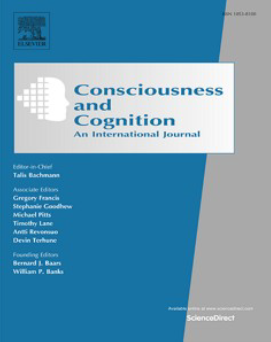
What can explain the subjective differences in meditation experience?
In the scope of the research project 92/18 - Attending mindfully: A psychophysiology study of sensory processing in meditators, supported by the BIAL Foundation, Veena Kumari and colleagues examined the effect of regular meditation practice on startle modulation paradigms, specifically habituation and prepulse inhibition (PPI), by comparing the groups of meditators (n = 32) and non-meditators (n = 36). They found no significant differences, on average, between meditators and non-meditators in habituation or PPI, but meditators who reported being able to easily enter a state in which their awareness of the self and others/surroundings are perceived as one, without separation (non-dual awareness), during meditation practice, showed greater PPI, relative to those who could not. These results suggest that differential sensory processing characteristics of meditators may explain subjective differences in meditation experience. More information is available in the article Non-dual awareness and sensory processing in meditators: Insights from startle reflex modulation published in the scientific journal Consciousness and Cognition.
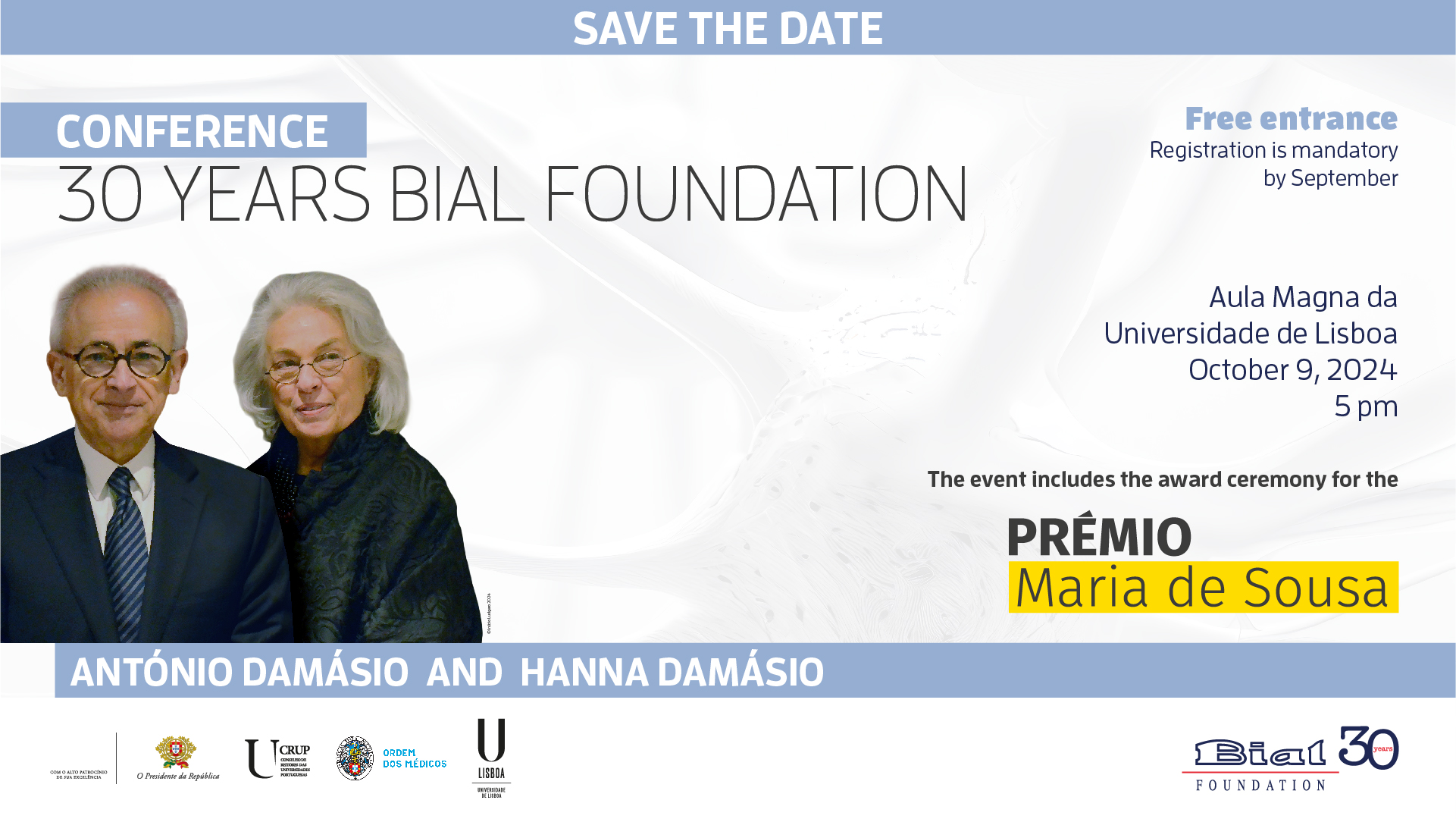
BIAL Foundation brings António Damásio to Portugal for conference "On the Physiology of the Mind"
To mark its 30th anniversary, the BIAL Foundation is bringing António Damásio and Hanna Damásio to Portugal for a conference on October 9 in Lisbon.
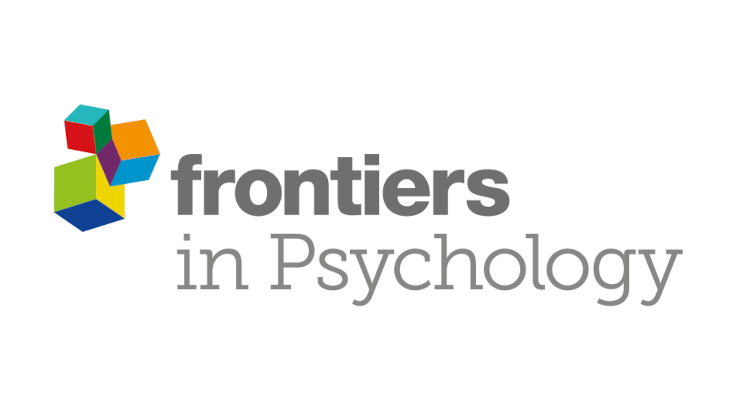
Do psi researchers and skeptics think alike?
Psi phenomena, such as extra-sensory perception and post-mortem survival, that are not explained by known cognitive, neural, or physiological processes, have generated interest and curiosity, but also controversy. Cognitive styles related to evaluating evidence and reaching conclusions are relevant to the controversial nature of psi, as they provide a deeper look into how different groups approach the psi phenomena. The research team, led by Marieta Pehlivanova, compared the cognitive styles, precisely the actively open-minded thinking (AOT) and the need for closure (NFC), of 144 participants divided into four groups: academic psi researchers, lay individuals who believe in psi, academics who are skeptics of psi, and lay individuals who are skeptics. On the one hand, they observed that academic psi researchers demonstrated high levels of AOT, like academic and lay skeptics, and the lay psi group had lower levels of AOT than the other groups. On the other hand, no significant differences in NFC were found among the groups, and academic psi researchers exhibited high psi belief levels comparable to lay believers. These findings suggest that despite their high belief in psi phenomena, psi researchers have a need for certainty and to collect evidence to support reasoning as skeptics. This study was developed within the scope of the research project 212/20 - Comparing cognitive styles among parapsychology researchers, psi-believers, and skeptics, supported by the BIAL Foundation, and published in the scientific journal Frontiers in Psychology, in the article Cognitive styles and psi: psi researchers are more similar to skeptics than to lay believers.


